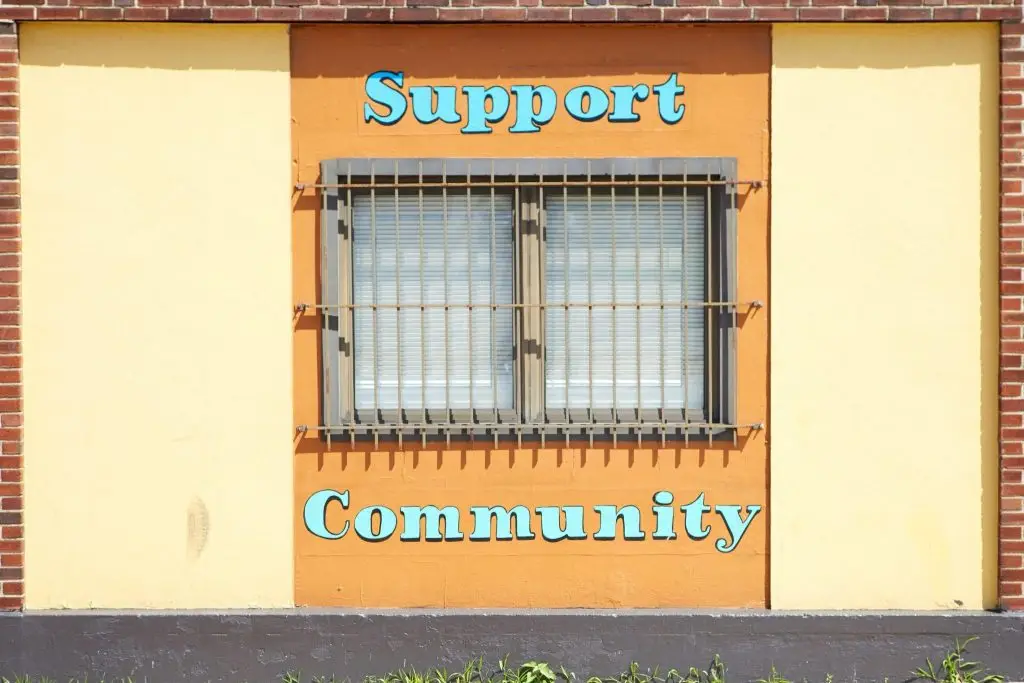As a result of the pandemic, some employers of Migrant Domestic Workers in Hong Kong are asking them not to go out and meet friends on their day off, as long as the risk of infection is present.
This fear of infection is legitimate, but the willingness and need for domestic workers to go out on their day off are also legitimate needs and within their basic rights.
In any working relationship, tricky scenarios may appear but how can we resolve them? The key is in how we best handle and respond to any situation so we have the best outcome for everyone.
Below are 4 Simple Tips on how to handle common “tricky” scenarios that I hope can help you.
- Know yourself and manage your own emotions first
It is frustrating not to have this basic freedom of using your day off as you wish. I hear you and I truly empathise with your frustration. Regardless of how your employer responds, however, the only thing you can control is your own emotion and reaction to a situation. To begin, self-awareness and self-regulation are the key elements. This can be achieved through various techniques, from taking deep breaths, mindfulness, spiritual or religious practices to stay present and in the moment; slowing down your decision making process for a more measured and productive action.
Any change starts first with each of us.
There are many great useful resources online, and Uplifters offer a free online course on money management and personal development where you can find more tips, know yourself better and develop, have a supportive community to grow and learn together.
- Use AIMB as a communication technique
What is AIMB? It is a useful tool for ANY communication:
- Who is my Audience?
- What is my Intention?
- What is the key Message?
- And the Benefit for the audience?
I know it may be counter-intuitive to think of benefits for the audience (your employer) but this is a framework that is already proven successful with many different audiences and circumstances. Give it a try!
Audience: What is your employer like and how does she/he respond? It is best to choose the right moment to talk with your employer. Let’s say he/she is busy and tends to be more relaxed earlier in the morning, or in the evening. It is important to know more about your employer, how and when they may be more open to communicate and to listen to you. Know your audience as much as you can and choose your time carefully — a time that suits them.
Intention: Your intention here is primarily that your employer truly listens to you and your needs. Intentions may vary, but for now, let’s stick with the intention of truly informing and making yourself heard.
Message: What is your key message and how do we define it? The message is defined as the one key thing you would like your employer to do or remember after the communication. Try not to launch into several elements you would like to talk about at the same time. Instead, choose one key message. In the scenario above you would like to ask your employer to give you some time off as you are entitled in your contract. It is also something you need for your well-being and to stay healthy for the job. Here are some examples of how you may communicate depending on the employer, your intention and the environment: “Do you have a few minutes as I would just like to share something with you. I feel it is stressful for all of us with the virus. I understand you are concerned about me getting infected and the impact on your family. I would really appreciate going out for a few hours on my day off to run some errands, get fresh air and recharge. I will be very careful wearing a mask, maintaining distance from others and washing my hands. I really need this time for my well-being so I can come back recharged to work, to take care of the house, the kids and continue to do my work well. I want to make sure I am physically and mentally healthy for my work.
Benefit: Where do we see the benefits for your audience in the sentence above? Here it is: I want to make sure I am physically and mentally healthy for my work, to perform well. I want to make sure I can do my job well and if I can take a break I know I will do it better. When the audience sees the benefits to them, they are more likely to say yes to your requests and be influenced in a positive way.
Remember AIMB in any communication!

3) Be mindful of your facial expressions and gestures
Be aware, be open, smile, take a few deep breaths. Sometimes we hold so much tension in our face and body that our message loses its power to influence. Smile, make eye contact, be aware of your voice and tone (not so loud but not so soft either) and use gestures that show that you are truly open, physically and emotionally, to the communication.
4) Stay present and positive
Many times in any communication we do not get what we want, but we have to try, to dare to dream, to do our best to communicate clearly and with empathy. Speak up, kindly and skillfully.
There is a lot more we could talk about, discuss and practice in terms of how to best communicate not only in the domestic work environment but in any job. You can read my previous article on how to improve your communication with your employer using the DESC step by step communication technique Communicate well with your employer during Covid-19
Mainly I hope you got some new useful and practical tips here!
Please stay well, healthy and positive! I hope to see you all soon on a short video, on Facebook or in person. Stay in touch and please connect on Facebook, following the FELIZ Consulting page on Facebook & Linkedin, or drop me a line.
Keep a Happy Mind!
Warmest wishes, Mônicawww.felizconsulting.com


